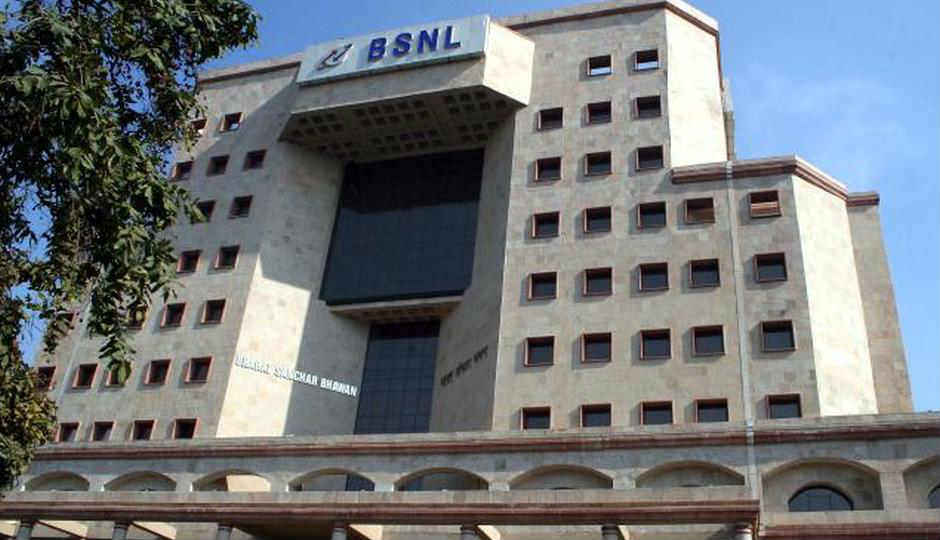BSNL reduces call rates for new customers by up to 80%
The operator has also partnered with Aegis BPO for customer service and has started to monitor complaints on social media

BSNL has reduced its mobile rates for new customers by up to 80% for the first two months. These rates are applicable on the per minute as well as the per second business plan. The operator has also partnered with Aegis BPO for its customer service and started monitoring complaints on social media to provide faster resolutions for customers.
 Survey
SurveyTo avail the offer, new customers will have to buy a plan voucher of Rs. 36 for the per second plan, or Rs. 37 for the per minute plan. Those who opt for the per second plan will be charged one paisa for every three seconds on local and STD calls within the BSNL network, and two paisa for three seconds on other networks. Those who opt for the per minute plan will be charged 10 paisa per minute on local and STD calls within the BSNL network and 30 paisa per minute on other networks
BSNL Chairman and Managing Director, Anupam Shrivastava told PTI, “BSNL has revamped its infrastructure now. We have decided to cut mobile call rates by up to 80 per cent for new customer so that they get experience of our revamped services.”
In October, BSNL announced that it was rolling out a convergence platform that would sync mobile and landline connections of its subscribers. This would allow mobile subscribers to avail free calling benefits BSNL offers on its landline phones. The operator had announced in September that it was raising the minimum speed of its broadband connection to 2Mbps. However, this speed would only be accessible pre-FUP (Fair Usage Policy) data consumption. Once the data limit is crossed, connection speeds would drop down to 512kbps.
In light of Google CEO, Sudar Pichai’s visit to India, IT Minister, Ravi Shankar Prasad spoke about a partnership between Google and BSNL for Project Loon. The project aims to provide internet connectivity in remote areas by using high-altitude balloons to create aerial wireless networks. However, there was a concern that the spectrum required by Project Loon was already in use by telecom operators, but Pichai claimed that Google has data which shows that the project doesn’t interfere with telecom services
Source: PTI